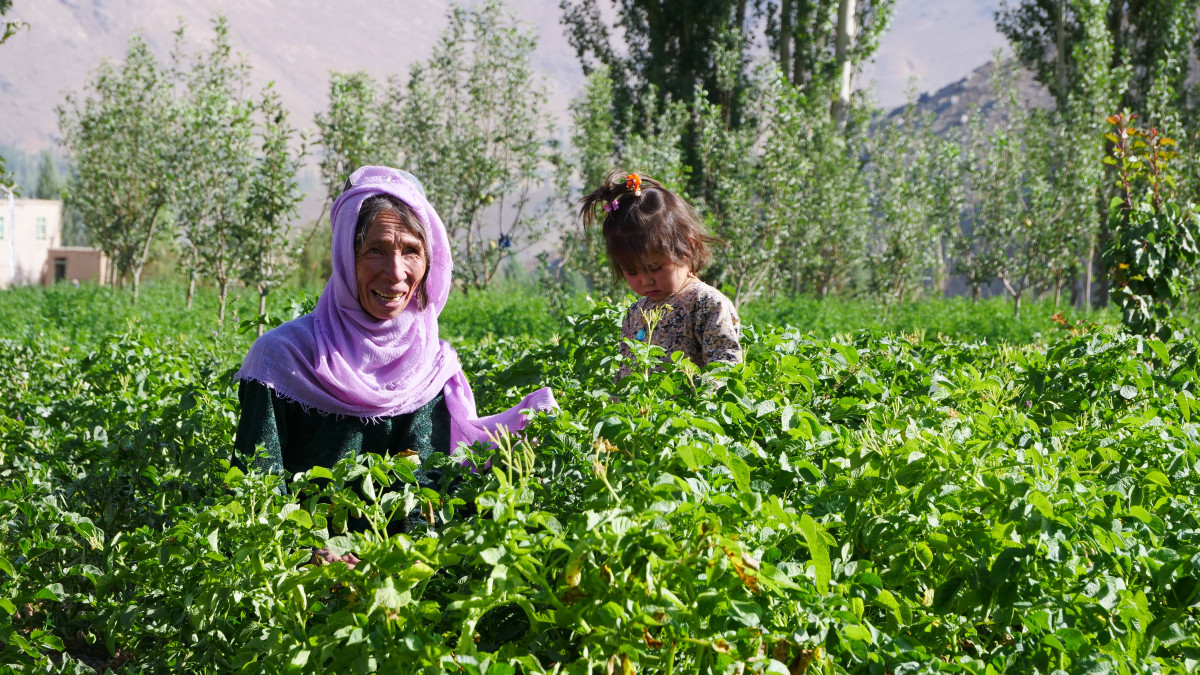‘We Do Not Give Up’. How Gardens, Wells, and Seeds Are Changing Lives of Afghan Women
Published: Sep 17, 2025 Reading time: 3 minutes Share: Share an articleFor over forty years, conflict, poverty, and political upheaval have affected Afghan women’s lives. In rural areas in southeastern Afghanistan, women carry heavy burdens with few chances to learn, earn, or participate in community life. Yet behind these challenges are stories of resilience, quiet strength, and courage.

Feroza (65) lives with her two sons, daughter, and grandson in Qole Adam, a village, Ghazni Province.
Through our partnership with Alliance2015 member CESVI and funding from the Italian Agency for Development Cooperation (AICS), we distributed kitchen garden kits, farming tools, and trained Feroza and other local women in modern agriculture.
“We Enjoy the Green, Peaceful Space of our Kitchen Garden”
Nearby, Shukiba (21) studied at Herat University and dreamed of graduating with a diploma.
Supporting Families to Grow, Earn, and Improve Life Together
Years of conflict, severe drought, and lack of access to agricultural resources have left deep scars on the land in Ghazni Province. This is why we supported 190 farmers across 36 villages with 9,500 kgs of wheat seeds along with 9,500 kgs, of urea fertiliser and 4,750 kgs of Diammonium Phosphate (DAP) fertiliser.
Additionally, 95 women received kitchen garden kits and tools to grow vegetables.
Approximately 28,000 individuals (4,000 households) received hygiene awareness session and hygiene kits, which protect them from illness.
“This support is proving vital for us”
We are also helping to rebuild infrastructure.
In the area 10 karezes, 187 wells, 13 canals, and 12 latrines are being rehabilitated or constructed, to provide safe water for drinking and irrigation. 100 people found temporary jobs cleaning and rebuilding canals and karezes through our cash-for-work intervention. “This support is proving vital for us,” mentions Feroza.
In addition, we have supported livestock breeding and forage production through the provision of fodder, forage seeds, vaccinations, and training for families with at-risk livestock.
In addition, 95 households received poultry packages, and 95 households were provided with small ruminant kits. We also launched a vaccination campaign and vaccinated 1,500 animals.
Today, Feroza feels at peace in her kitchen garden, while Shukiba finds strength and hope in hers. Though from different generations, both women are rebuilding dreams and hopes.

